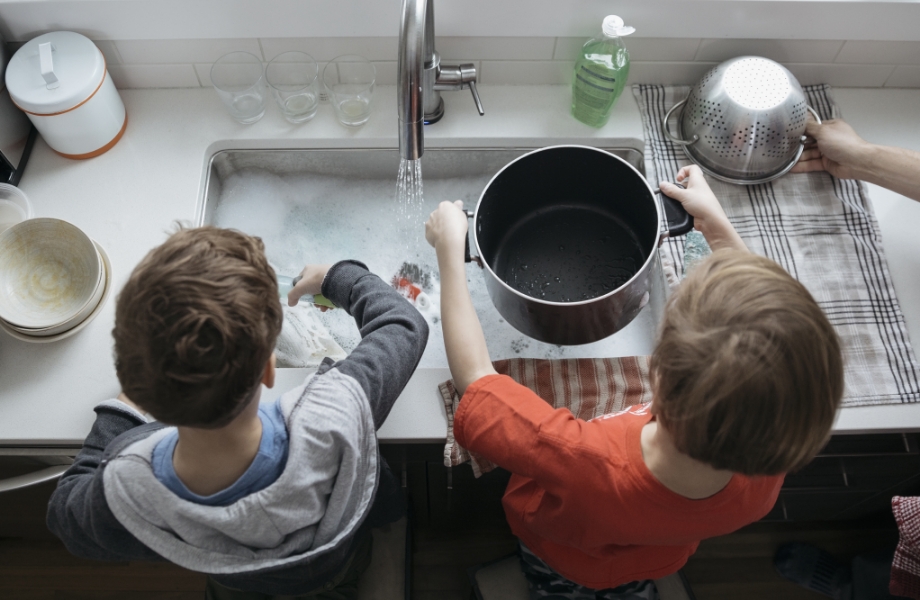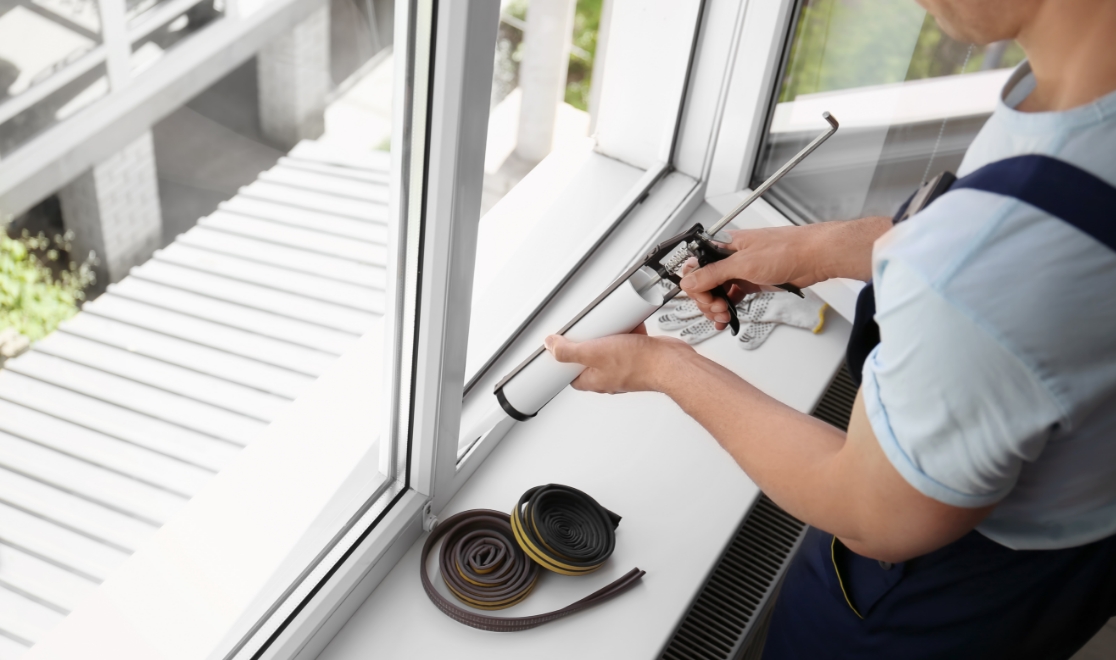Energy Efficiency Tips
There are many ways you can lower your bill by conserving energy.

In the laundry room you can:
- Wash and dry full loads instead of partial loads for savings
- Use cold and warm settings on the washer as much as possible
- Remove lint from the dryer vent after each use
- Look for energy-efficient appliances when replacing your current models

When cooking you can:
- Use a medium or low flame when cooking
- Match the size of your flame to the size of your pan
- Keep burner surfaces clean for more efficient operation
- Avoid blocking circulation of heat. Do not place foil in the bottom of the oven or on oven racks

Using your water heater efficiently can help as well:
- Keep your hot showers as short as possible. On average, a five-minute shower uses 10 gallons of water; a bath uses 15-25 gallons
- Set your water heater on 140 degrees if you have a dishwasher, but lower to 120 degrees (low to warm) if not. Use the “vacation” setting when away for long periods of time
- Install low-flow shower-heads to decrease your hot water usage
- Repair leaky faucets





